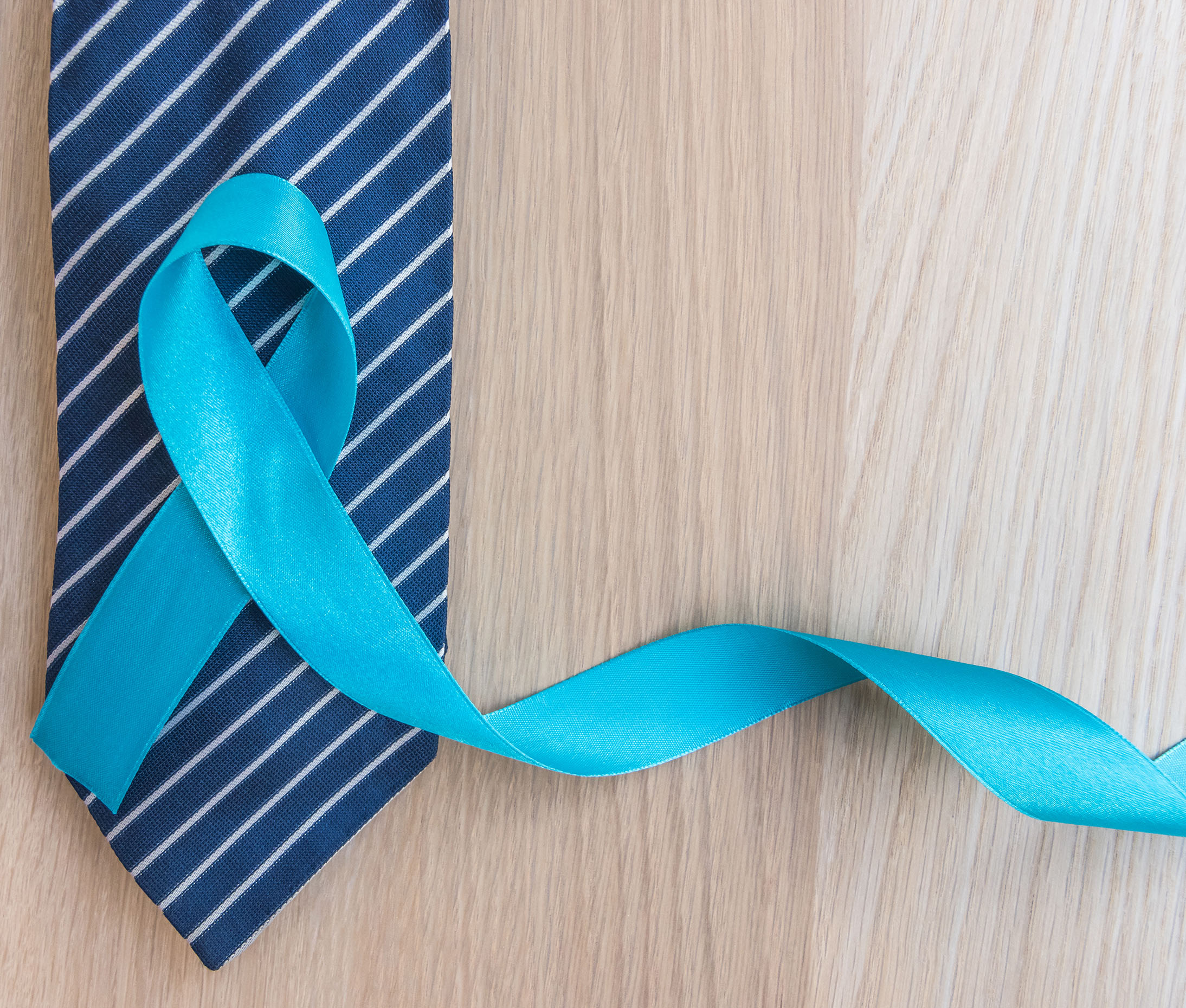Growing Cancer Awareness for No-Shave November and Movember
What’s the buzz around No-Shave November and Movember? These month-long campaigns encourage participants to ditch grooming for 30 days and, instead, donate their grooming expenses to help raise awareness and funding for men’s health. Both campaigns have gained an enormous amount of attention over the last few years. The No-Shave November and Movember campaigns offer men a fun and interesting reason to grow out their hair, evoking conversations and creating more buzz among the community about men’s cancer awareness.
Most Common Types of Cancer in Men
According to the Centers for Disease Control and Prevention, the most common cancers affecting men in the United States are skin cancer, lung cancer, prostate cancer, and colorectal cancer. Prostate cancer usually progresses slowly and can be detected in its early stages, making it one of the cancer types with the highest survival rates.
Signs and Symptoms of Prostate Cancer
While some may never experience signs and symptoms of prostate cancer, others may encounter changes in urinary or sexual function, which is an indication that prostate cancer may be present. For those that may experience symptoms of prostate cancer, here are the common signs:
- A need to urinate frequently, especially at night
- Difficulty starting urination or holding back urine
- Weak or interrupted flow of urine
- Painful or burning urination
- Erectile dysfunction
- Painful ejaculation
- Blood in urine or semen
- Frequent pain or stiffness in the lower back, hips, or upper thighs
Prostate Cancer Treatment and Erectile Dysfunction
Treatment options for prostate cancer varies. Since cancer grows slowly, treatment and surgical intervention may not be necessary. With each treatment option, it’s important to consider the risks and benefits of each treatment. Treating prostate cancer includes active surveillance, prostatectomy, radiotherapy, hormone therapy and chemotherapy.
As with any cancer treatment plan, there is a risk for side effects. Erectile dysfunction, which is the inability to maintain an erection, is one of the more common side effects associated with prostate cancer treatment following a prostatectomy.
When undergoing prostatectomy surgery to treat prostate cancer, nerves may become severed. Due to the delicacy of the nerves and blood vessels in the penis, any trauma caused by surgery or radiation therapy can result in changes to erectile function. At The Institute for Advanced Reconstruction in New Jersey, our skilled physicians work with a team of qualified urologists to retain normal erectile function in men who are undergoing a radical prostatectomy. The prostate reconstruction procedure is performed immediately after a prostatectomy, posing no need for additional surgical procedures.
After prostate cancer treatment, most men with intact nerve function should see improvements in their erectile dysfunction within one year, according to the Prostate Cancer Foundation, However, for those who do not see significant improvement and have tried all conservative measures, we may be able to provide a long-term solution. Dr. Eric Wimmers, the Director of The Program for Erectile Dysfunction at The Institute for Advanced Reconstruction, can perform a minimally invasive nerve transfer procedure to help restore erectile function. A nerve transfer procedure is a technique that takes a healthy, functioning nerve and connects it to an unhealthy, injured nerve to restore function. Following this procedure, nerve regeneration is expected to occur in less than a year before the desired erection is possible, however, each case is unique.
Resources
https://www.cdc.gov/cancer/dcpc/resources/features/cancerandmen/index.htm
https://www.pcf.org/about-prostate-cancer/prostate-cancer-side-effects/erectile-dysfunction/
https://www.advancedreconstruction.com/nerve-surgery/erectile-dysfunction/





